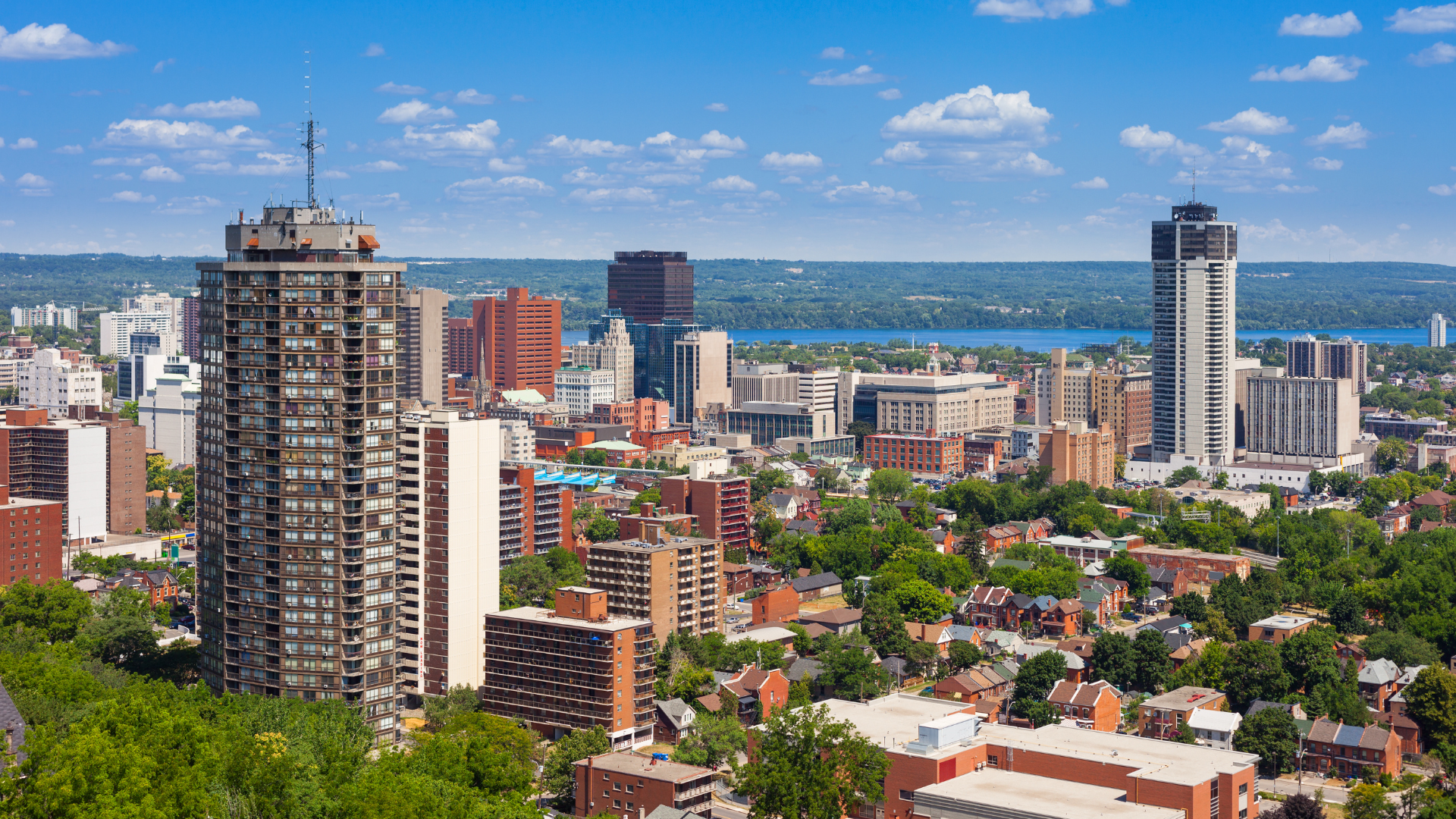Ontario Makes Major Changes to the OINP Starting July 2025

Ontario has introduced new regulations that bring major
changes to the Ontario Immigrant Nominee Program (OINP). These updates,
effective July 1, 2025, aim to give the province more control over how the
program operates and align immigration more closely with Ontario’s labour
market needs. The changes are part of a new law called the Working for
Workers Seven Act.
If you're planning to apply to the OINP, here’s what you
need to know.
Key Changes to the OINP in 2025
1. Applications Can Now Be Returned
The OINP now has the authority to return applications before
a provincial nomination is issued. If this happens, applicants (or their
representatives) will receive a notification and a full refund of the
application fee.
Applications may be returned for reasons such as:
- Limited
nomination allocations
- Mismatch
with Ontario’s current labour market needs
- Concerns
related to program integrity
2. In-Person Interviews Introduced
In-person interviews may now be required for both employers
and applicants. Accommodations will be provided where necessary.
3. Lower Education Requirements for Early
Childhood Educators
Applicants under the Human Capital Priorities (HCP)
and French-Speaking Skilled Worker (FSSW) streams, who use NOC 42202
(Early Childhood Educators and Assistants), will no longer need to meet the
minimum education requirement if they are members of the College of
Early Childhood Educators.
Previously, these streams required candidates to hold a
Canadian or equivalent foreign bachelor’s, master’s, or PhD degree.
4. New Employer Portal Launch
The OINP has officially launched a new electronic
Employer Portal, which marks a shift to an employer-led application
process for all Employer: Job Offer streams.
With this change, all existing Expressions of Interest
(EOIs) have been withdrawn. Candidates must now work with their employer to
submit a new EOI through the portal.
5. Flexibility in Immigration Streams
Ontario now has the ability to add or remove PNP streams
based on current job market needs. This means the province can respond more
quickly to changes in labour demand.
Why These Changes?
Ontario’s nomination allocation has been cut in half
by the federal government as part of a national effort to address housing and
affordability concerns. Due to this reduced quota, Ontario is now being more
selective in who it invites for permanent residence.
This trend isn’t limited to Ontario. Other provinces, such
as British Columbia, have also paused or limited many of their PNP streams to
focus on high-impact economic candidates.
What This Means for Applicants
If you're planning to apply under the OINP:
- Stay
updated on which streams are active
- Ensure
your job role matches Ontario’s in-demand occupations
- Be
prepared to work closely with your employer during the new EOI process
Ontario will now prioritize high-quality applications
that best support its current economic needs.






